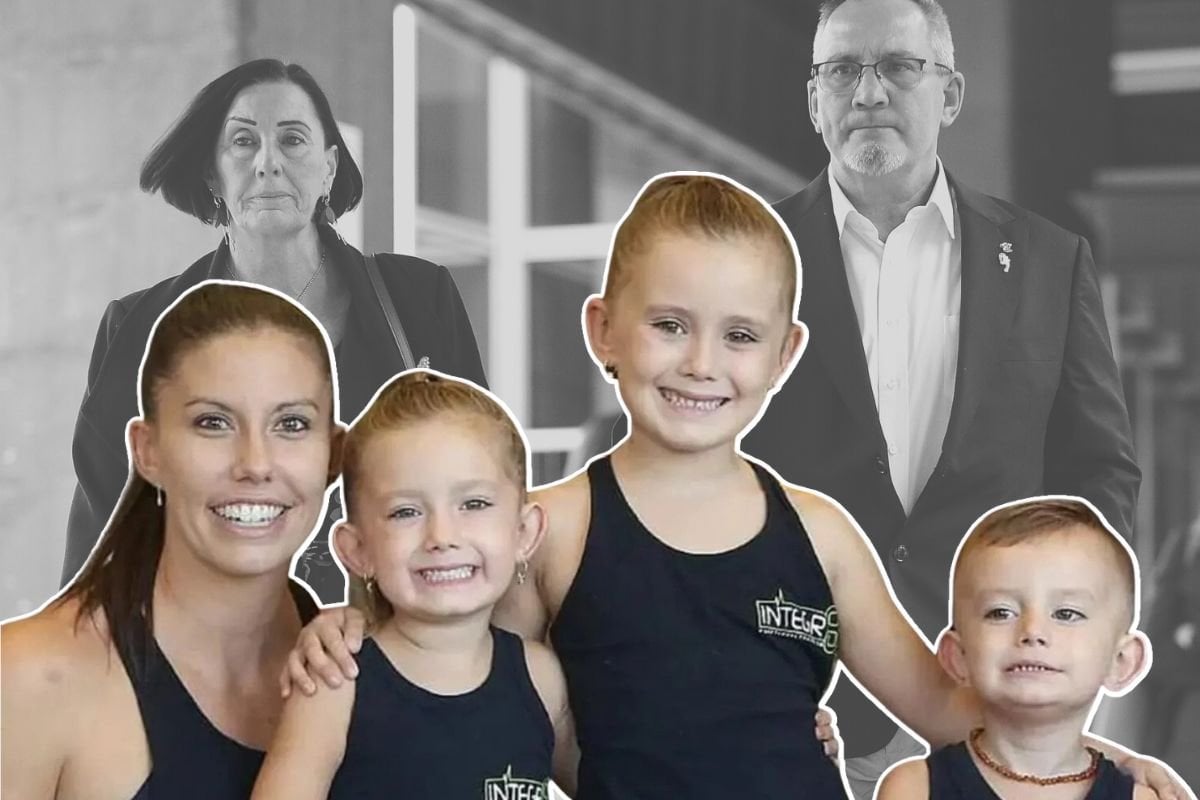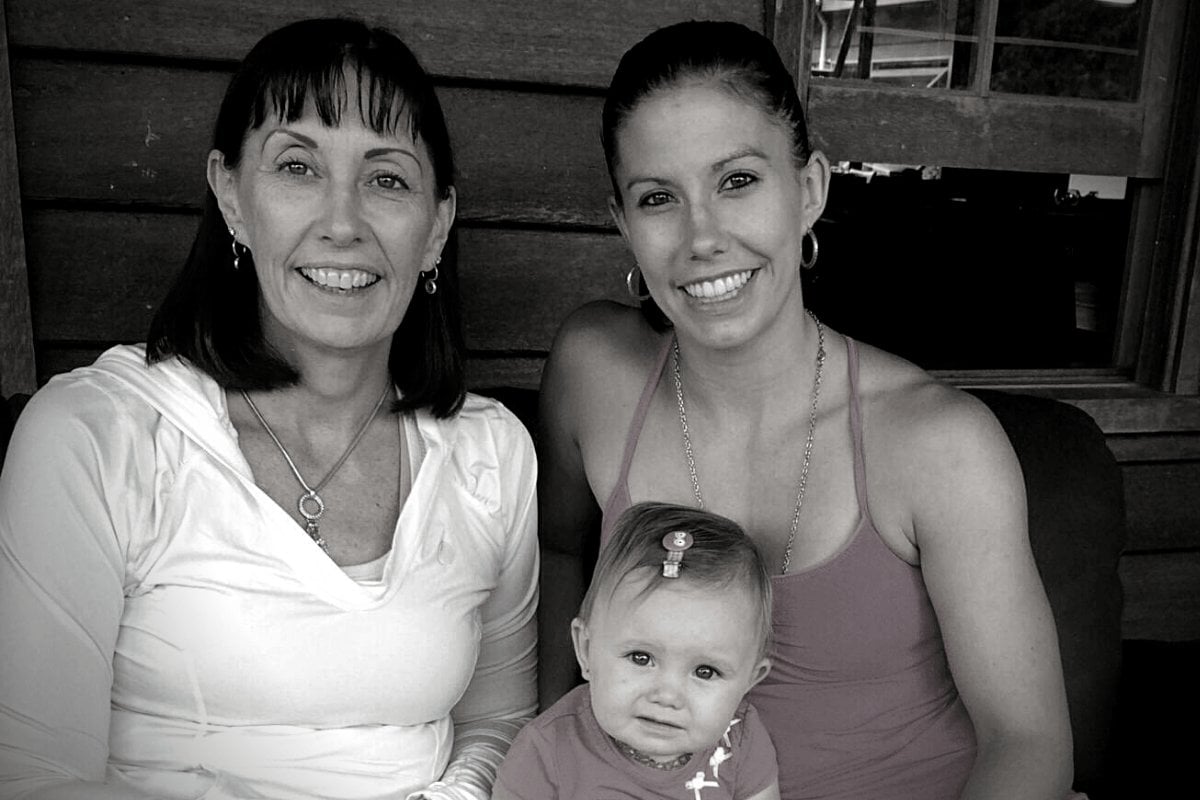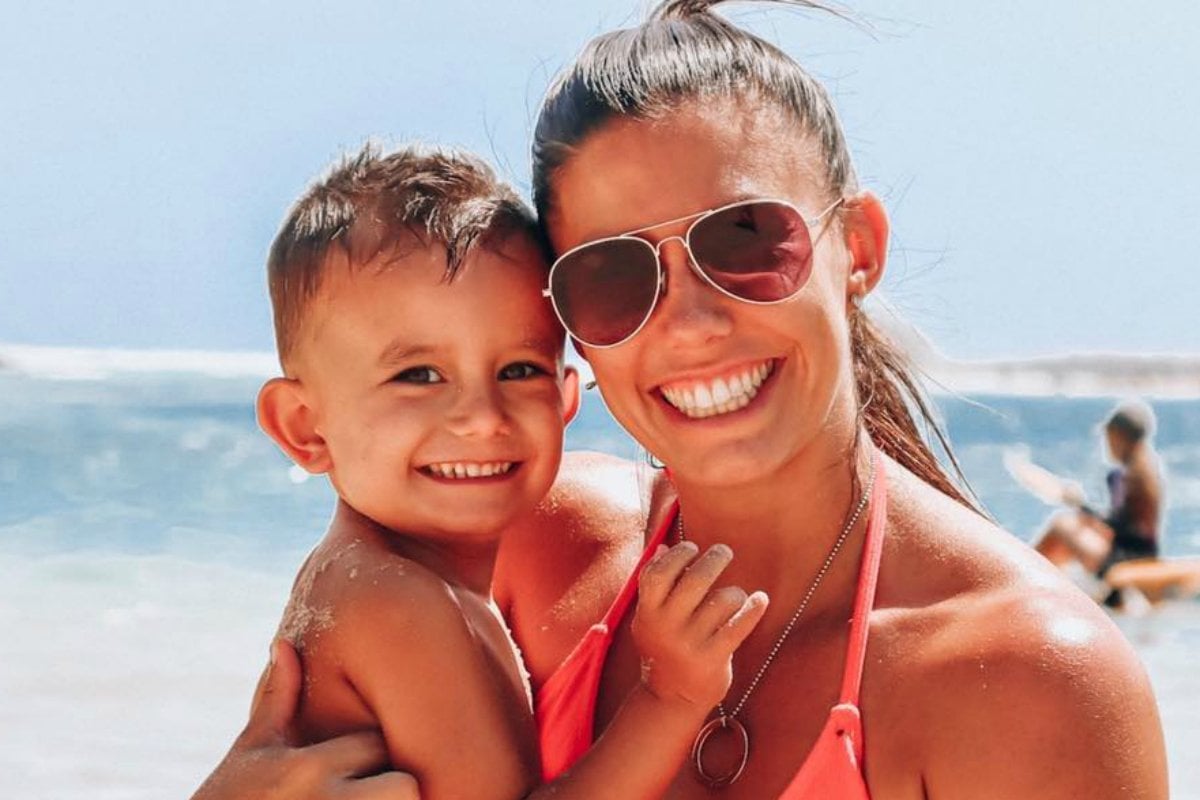
Warning: This post deals with domestic violence and distressing details that may be triggering for some readers.
Deputy state coroner Jane Bentley choked back tears as she closed the inquest into the murder of Hannah Clarke and her three children.
Hannah was brave.
Despite her fears about what might happen next, she scooped up her kids and left her marriage. She had a Domestic Violence Order (DVO). She had told authorities she was scared; again and again and again. She was surrounded by supportive friends and family.  Image: Supplied/Sue Clarke.
Image: Supplied/Sue Clarke.


Top Comments